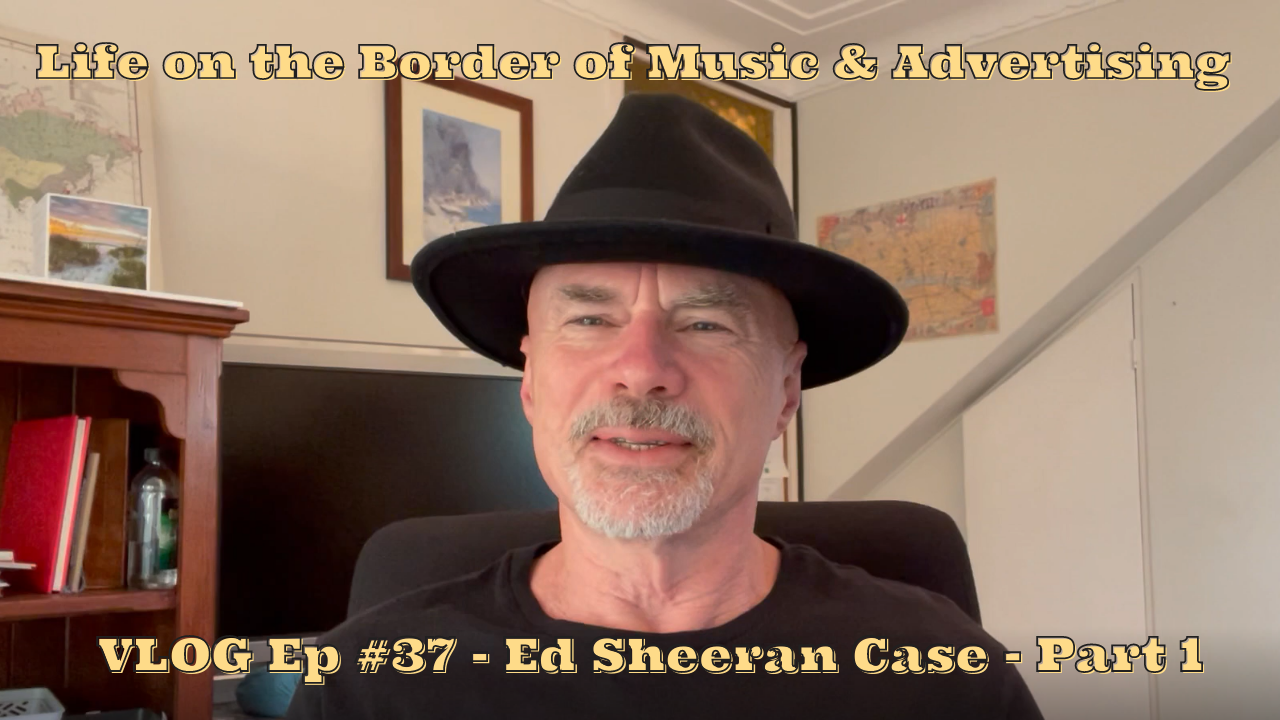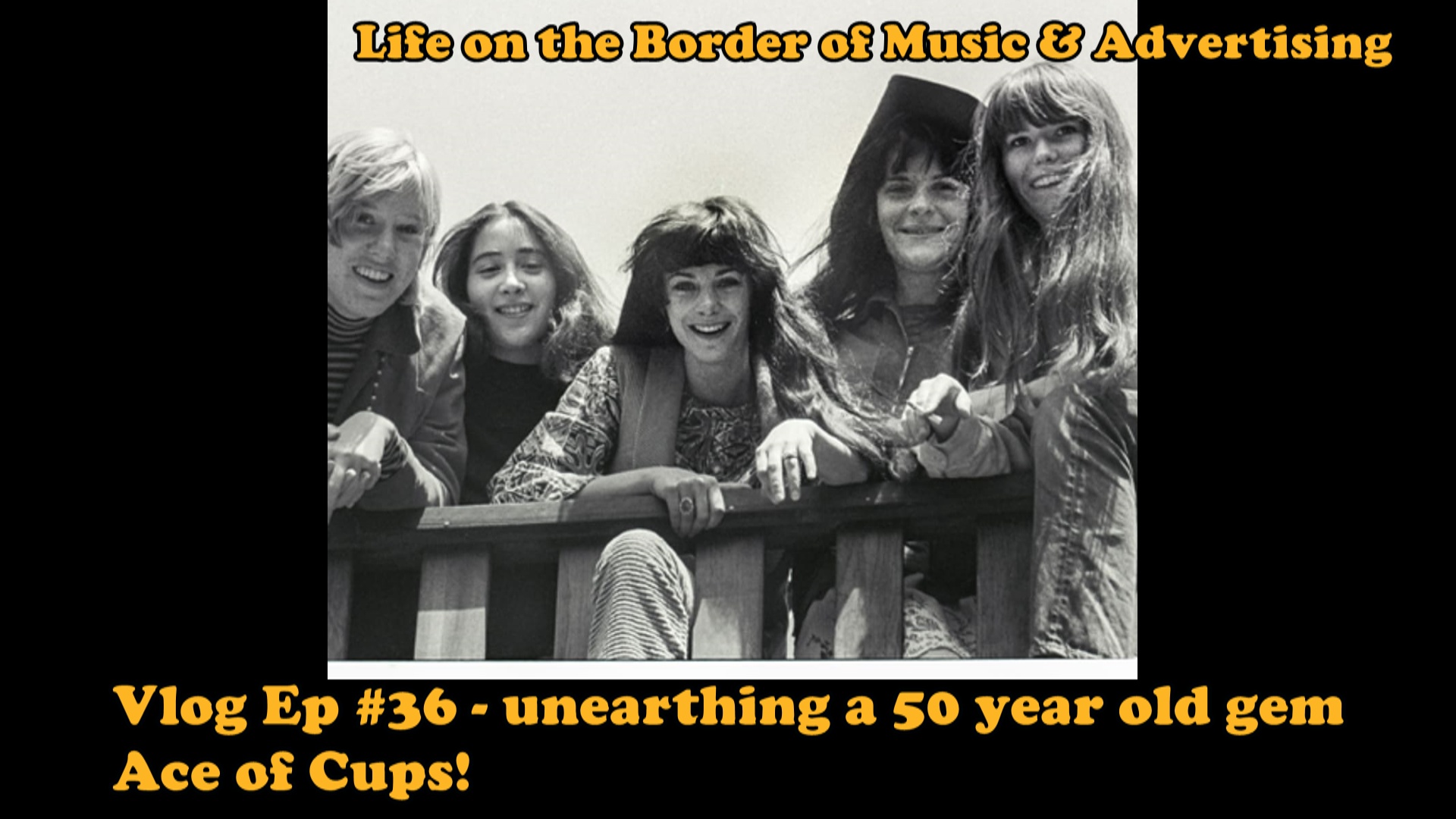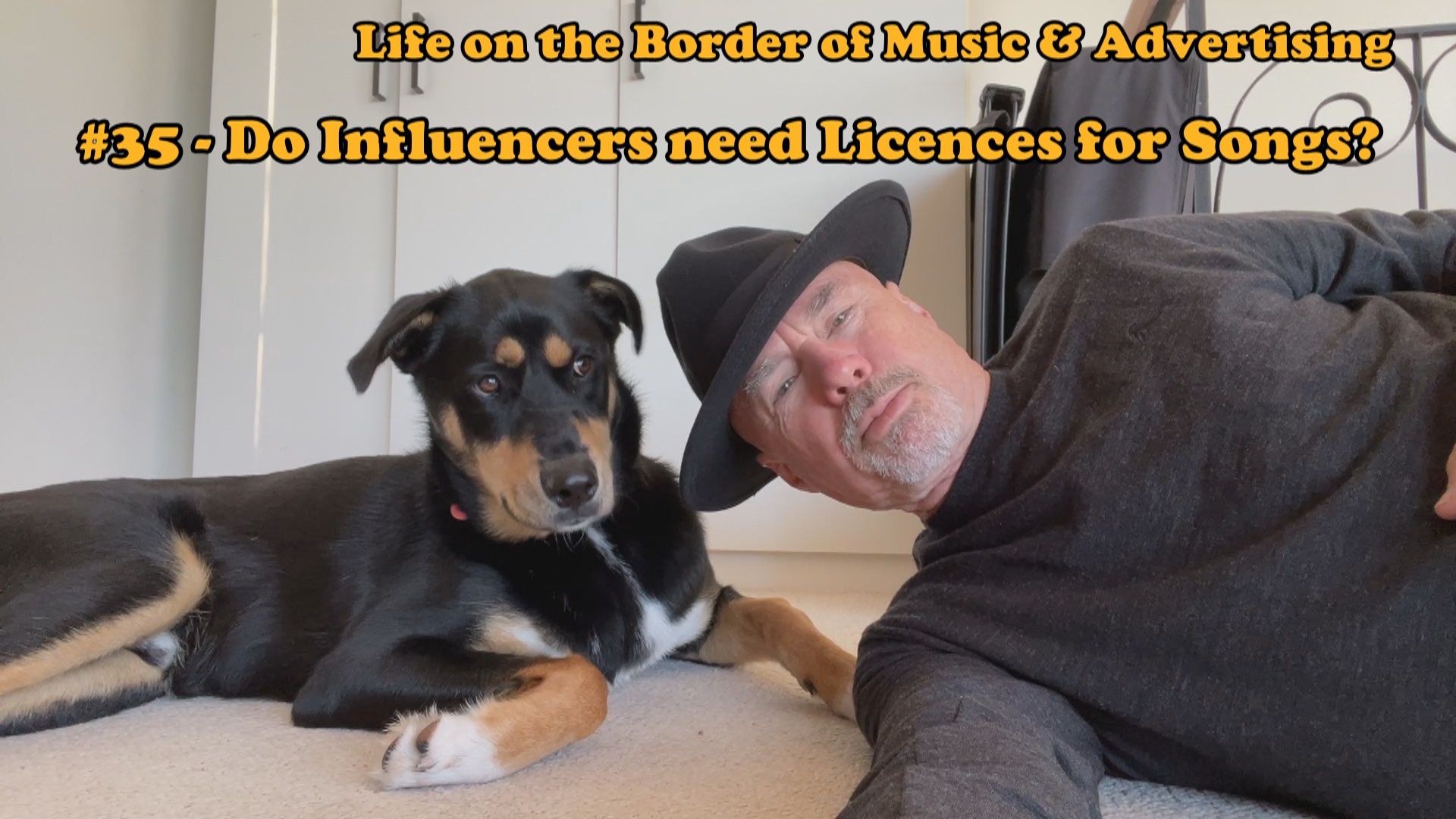Continuing on from the last episode, this one looks at the difference between Publishing and Master copyrights from the perspective of a young lad learning the piano. (Me!)
You’ll find the full transcript below:
Bruce:
Welcome to another episode of the music licensing vlog. I thought I might get dressed up, put on a hat and coat, and pretend like I’m going out. But of course, I’m not going out, because I’m completely locked down. The only place I’m going is into your screen. Anyway, today, I’m continuing on talking about the fundamentals of music publishing and master, but I’m going to come at it from a completely different perspective this time. I want you to imagine me as a seven-year-old boy riding my bicycle up the steep hill in the freezing cold, up to the Catholic convent where the nuns taught me the piano. My hands would be freezing, which made it really difficult. I didn’t like it very much, and I actually wasn’t very good at it. But I stuck at it for a long time.
Every year, they would have a music exam, and part of the exam was theory where you had to write a music composition. I would sit there understanding things about the progression of chords, and I would write a little melody. I didn’t really completely understand what I was doing, but anyway, there was the melody written on paper. At that stage, I had created a publishing right. Now, nobody had actually performed that song. Nobody had sung it, not me, not anybody, but nevertheless, it was a composition that had a music publishing right. The master copyright doesn’t come into effect until someone makes a recording of it. So even if I had sung it, then and there, in the exam room, would’ve created some consternation, it’s still not a master copyright, because you have to have a recording.
So as soon as you record it on your iPhone or you go into the studio and record it, you’ve created a master copyright. Now, you don’t have to write down the notes. Some people think that you’ve got to write down the music score in order to create a copyright. That’s not true. When you create the master recording, if you’ve never written it down, you’ve still created a publishing copyright.
Now, if I had given that to you, and you had recorded my beautiful little melody on your tape machine, you would’ve created a cover version, which is another master copyright. So once again, I would say there’s always one publishing copyright, but there can be many master copyrights. I hope that helps. Next time, I will get to talking about how that impacts on re-records. Thank you very much. Please get in touch if we can help you with anything. See you later.
Please contact us if you need help with music searches or licensing songs for advertising campaigns, or just want to chat about music and advertising. We would love to hear from you! About anything really.
bruce at musicmill.com.au
LinkedIn: www.linkedin.com/in/bruce-tweedie-music-song-mill
Website: www.musicmill.com.au
Credit: the opening and closing sequences feature “Strong Hands” from Ben Catley:
The song: https://soundcloud.com/bencatley/strong-hands
About Ben: open.spotify.com/artist/66OGdUyXn2WSipn6ZYq7id
Disclaimer re copyright and fair use: https://www.musicmill.com.au/fair-use/
#LIFEONTHEBORDEROFMUSICANDADVERTISING



